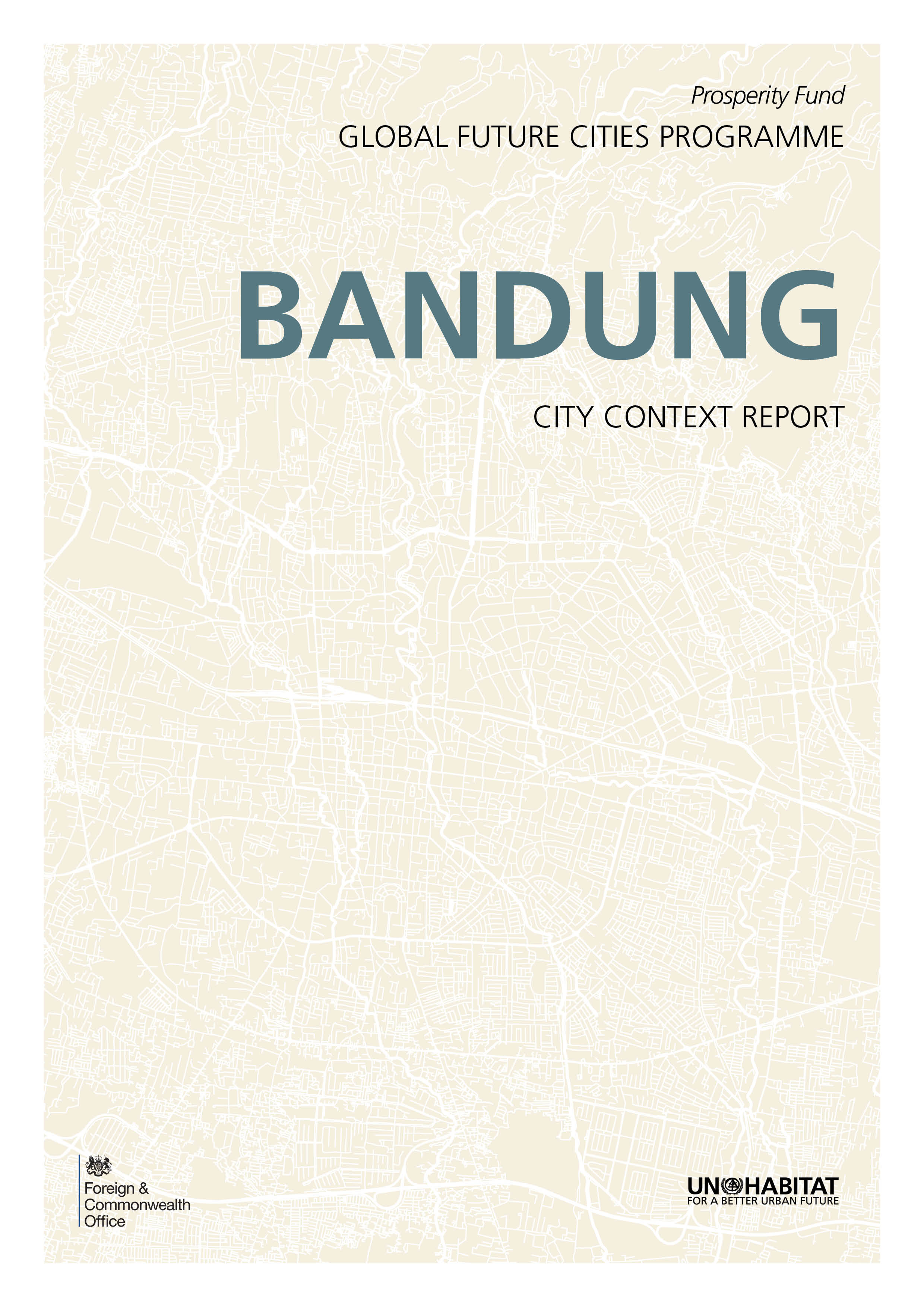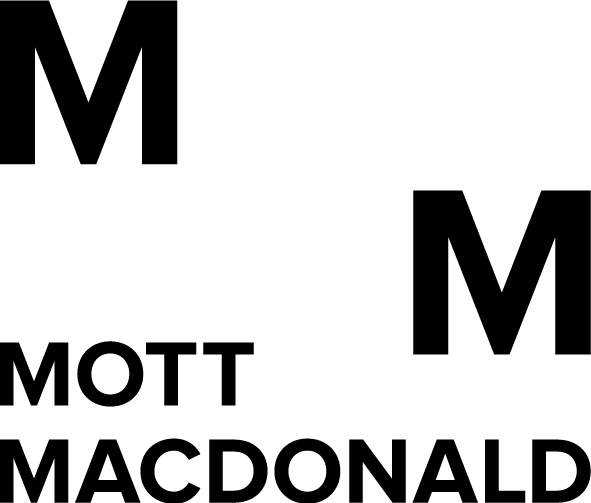Overview
Bandung is the capital of West Java Province and is the fourth-largest city in Indonesia after Jakarta, Surabaya and Medan with 2.5 million inhabitants. Its metropolitan area, Greater Bandung (Bandung Raya), or is also known in different name as Bandung Basin (Cekungan Bandung), consist of the Municipalities of Bandung and Cimahi and three regencies (Bandung, West Bandung and Sumedang). This metropolitan area is the third-largest metropolitan area in the country with a population of more than 8.5 million inhabitants. Trends show that approximately 60 per cent of the population of Indonesia will live in urban areas by 2025 as a result of continuous rural-urban migration. Although Bandung and its metropolitan region experience relatively low population growth rates (around 1.16 and 1.98 per cent respectively, compared to other cities in West Java located near the capital city of Jakarta, with rates reaching 7-8 per cent) the city is still subject to a rapid growth expansion of its urban built up area.
The total area of Bandung Municipality is 167 km2 and is divided into 30 districts covering 151 sub-districts. In 2016, the city’s economy grew by 7.79 per cent – one of Indonesia’s top performers – driven by its thriving creative, tourism, manufacturing and education industries. Examples include aviation technology, telecommunications, vehicle manufacturing and heavy industry. Bandung is also part of the world airplane and helicopter industrial cluster and hosts three major state-owned companies in defence, railways and aviation.
Bandung annually attracts many visitors from the capital Jakarta and surrounding areas due to Bandung’s climate and its touristic and commercial attractiveness. This, together with the constant population growth, has caused severe problems to the mobility system due to the lack of adequate public transport and traffic management system. This problem will worsen in the next three years once the Jakarta-Bandung high speed train project is finished, increasing the number of people coming to the city.
Highlighted Publication

Bandung City Context Report
Download Document
Challenges
Projects
1 Development of an Integrated Public Transport System.
View DetailsOne of the most critical mobility issues in Bandung is traffic congestion along the road network. According to the Bandung Urban Mobility Project (2013), published by Government of Bandung, there were 44 congestion spots in 2013. Currently, private vehicles comprise the lion’s share of transport options in Bandung. Approximately 60% of trips are made by private motorcycles and 15% by private cars, whereas public transport only accounts for less than 25% of transport (19% angkot minibuses, 3% bus). The development of an Integrated Public Transport System in Bandung aims to integrate the existing informal public transport (such as angkot minibuses) to the formal public transport system. The basis would be the Trans Metro Bandung (TMB) services and the provision of access through non-motorised transport, such as walking and cycling. This intervention aims to set the basis to integrate all future modes of public transport (such as bus services, BRT, LRT, NMT, commuter railway and even cable car), once they are implemented. In the medium- to long-run, the intervention is expected to increase the share of public transport and non-motorized transport.
Project Timeline
-
Charrette
August 2019 -
Validation Workshop
October 2018 -
MoU signing
-
Kick-off Meetings
March 2020 -
SDG Project Assessment Tool Tailoring Workshop
December 2020
